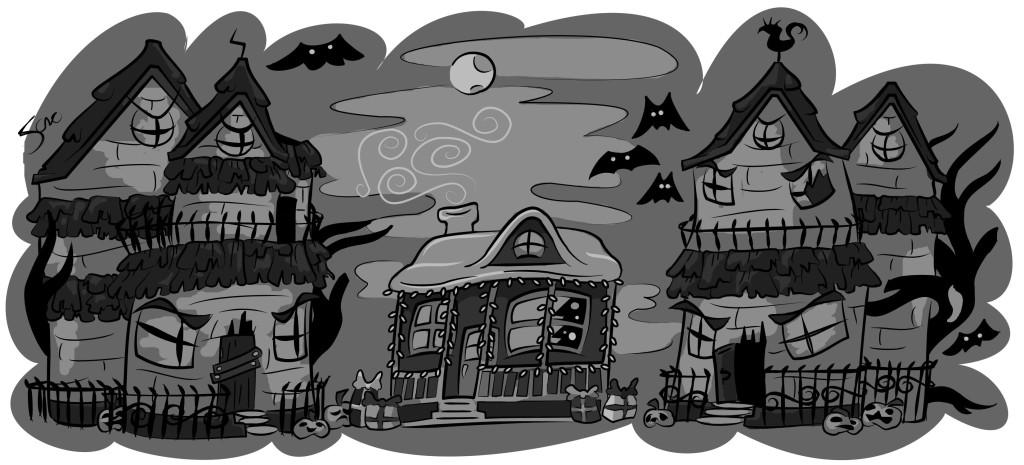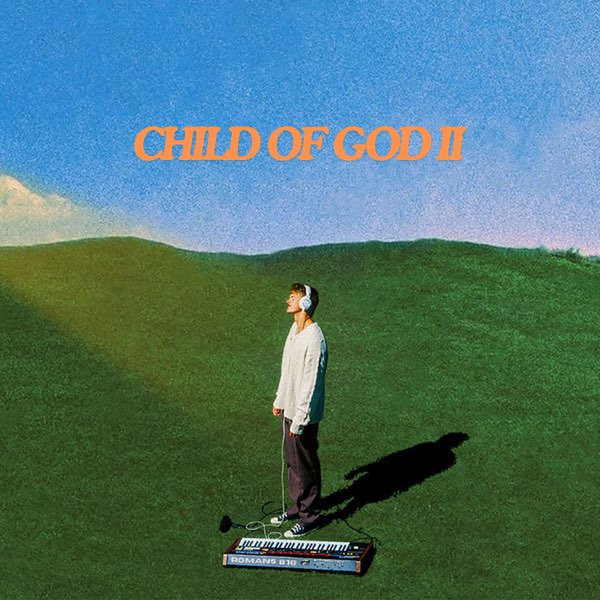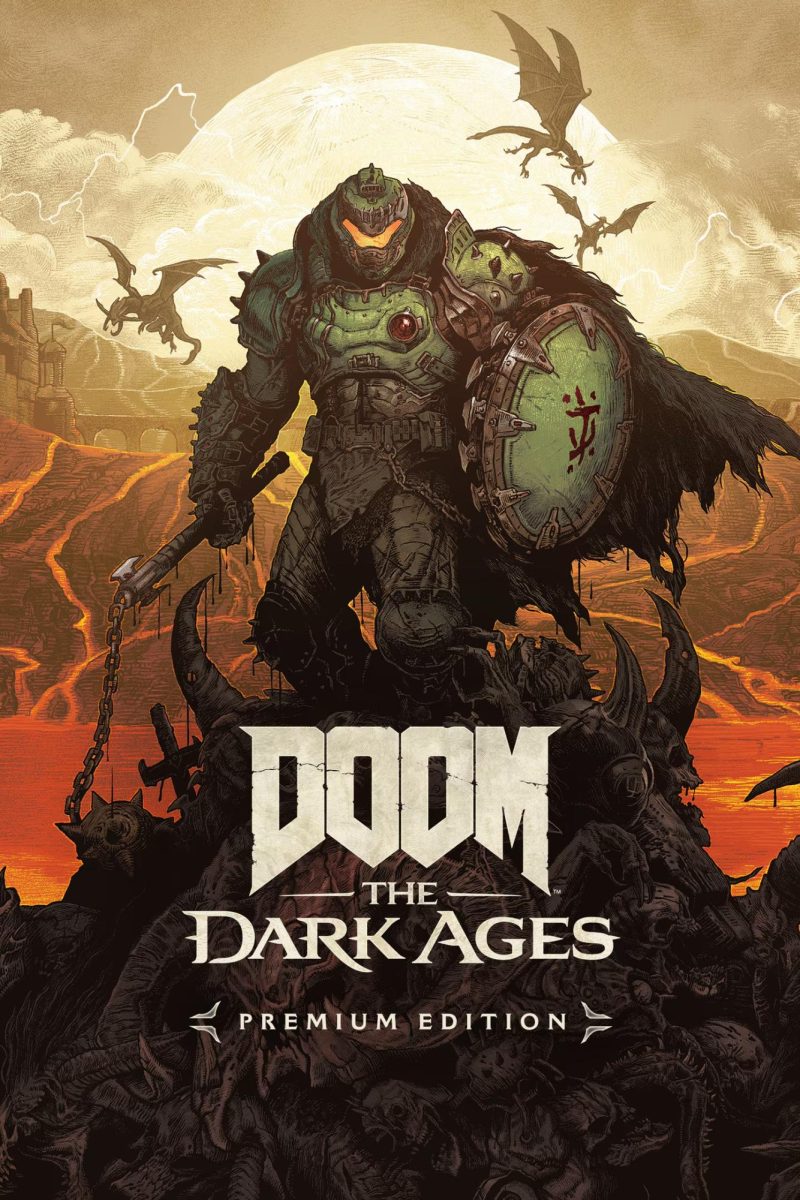Education has never been an easy hurdle to overcome and it was never meant to be.
Education has always been a balance of time and patience, all weighed by determination and the knowledge that one day the hard work and stress would pay off.
Education isn’t a moment but instead a culminating experience.
For the students of the Puyallup School District, the portfolio represents that experience and what it took to get us where we are.
So you take each essay you write and every math test you unexpectedly pass and even if you didn’t love, or even like it, you are proud of it.
These examples of learning are something that you can take and show to the world, and say, “Hey world— I made this and I can do this and I’m worthwhile and I’m going to be alright.” And we want to show that accomplishment off.
The end product (the portfolio) is something we should be held to. Even when we want to slack (and we do) we need something to keep us on track and a standard that we should strive to uphold.
All along we’ve been told the value of the portfolio and every Friday in Advisory it was “Work on your reading reflections, update your resume, work on a cover letter!”—
items that up until this point were important. Items, evidence, hard work— that we were held to.
It’s not that these items and their completion will make or break us or our future. Reflecting on a book we read or essay we wrote probably won’t change our lives for the better.
The point, instead, is to give us an opportunity to reflect upon these past assignments and how they’ve helped us mature in our education and in ourselves. It shows the places we’ve been and where we’re going and how the value we assign to our education influences our character.
Our essays and history notes and chemical bond worksheets are so much more than just that.
They’re not about the grade or percentage our learning targets that we hit but instead a chance to articulate the growth education has gifted us. Grades we get on our evidences of learning are one part of the story— the values instilled by the assignment, course and experience are the other part.
Unfortunately, this isn’t easily realized by most students. Sometimes and even frequently students carry the mentality that they can waltz through life without a second glance at deadlines or requirements. Procrastination tells us that we can put things off and it will be alright, that we’ll be able to live in the moment the way we want to but still, eventually, pull it off.
By setting the standards high from the beginning, it holds us accountable to a standard that is not our own. By removing certain requirements and expectations we are being fed the belief that we can do what we want, when we want and society will accept this sunken standard from us.
When this happens it reinforces that our low expectations are okay as long as they will be accepted by people above us. When this happens we drop our own expectations and where will this get us? If we are held to these new expectations, we will miss out on the critical reflection that many aspects of the high school portfolio provides given that we dedicate ourselves to finding meaning in said reflection. So when society begins to expect so little of us, what are we left to expect of ourselves?
If we as a society are to lead our youth into a healthy, driven future, we need to begin with setting a standard and sticking to it. It is up to us to rise to the challenge. Let us and we will.





